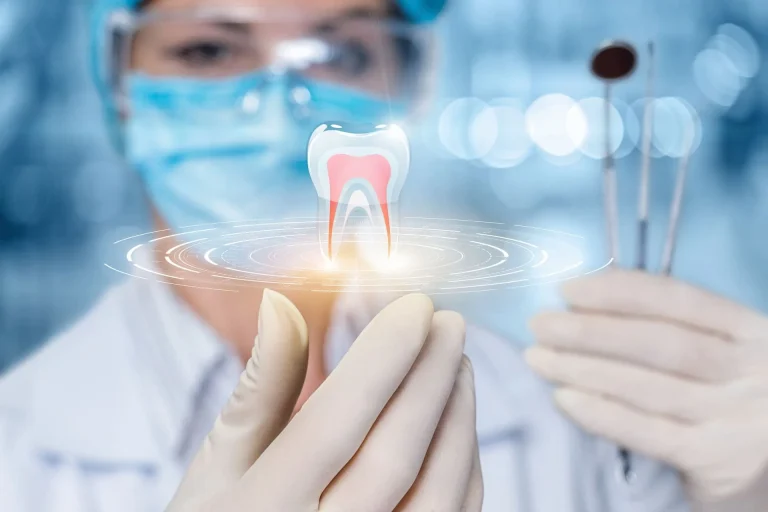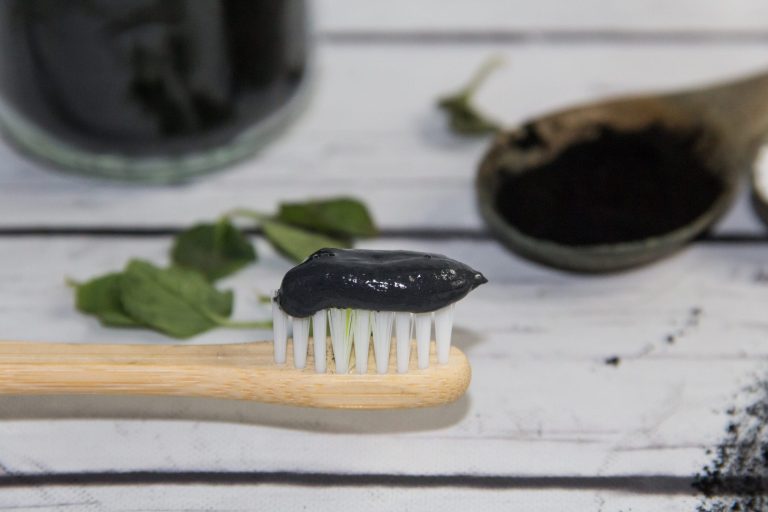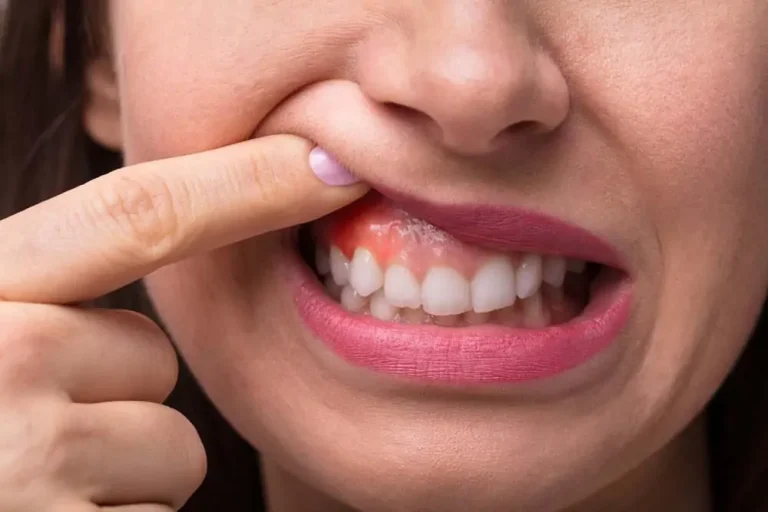The Link Between Stress and TMJ: Coping Strategies
Ever feel like your jaw is in a wrestling match it can’t win? Like there’s a knot of tension that just won’t quit? If you’re dealing with TMJ, you’re likely nodding your head right now. TMJ, or Temporomandibular Joint disorder, is a pain in the neck—or rather, the jaw—affecting the joint that connects your jawbone to your skull. And guess what? Stress can be a major player in triggering and worsening those TMJ symptoms.

Understanding the Stress-TMJ Connection
Stress, that oh-so-familiar feeling of being overwhelmed, isn’t just a mental game. It manifests physically, often as muscle tension and clenching. Think about it: when you’re stressed, do you tense up? Clench your fists? Your jaw does the same thing. This constant tension overworks the jaw muscles, leading to inflammation, discomfort, and pain in the temporomandibular joint.
Plus, stress can lead to some not-so-great habits like teeth grinding (bruxism) and jaw clenching, especially at night. It’s like your jaw is taking out all your frustrations while you’re catching Z’s. All this extra pressure on the joint can cause some serious damage over time, making your TMJ symptoms even worse. And just to add another layer, chronic stress can increase inflammation throughout your body, which can also worsen TMJ symptoms. It’s a vicious cycle, but the good news is, you can break it!
Stress Management Techniques for TMJ Pain Relief
Okay, so stress is a trigger. What can you do about it? Turns out, quite a bit! Managing stress is not a cure-all for TMJ disorders, it can play an essential role in minimizing the negative impact of these conditions on your life. Here’s a toolbox of stress-busting techniques to help you ease that jaw pain:
- Relaxation Exercises:
Deep Breathing: When stress hits, your breathing gets shallow. Deep breathing exercises can help release tension and promote relaxation. Try it: Inhale deeply through your nose, filling your belly with air, and exhale slowly through your mouth.
Progressive Muscle Relaxation: This technique involves tensing and relaxing different muscle groups in your body, one by one. Start with your toes and work your way up to your face, paying attention to releasing any tension you’re holding. - Mindfulness Practices:
Meditation: Even a few minutes of meditation a day can work wonders for stress reduction. Focus on your breath, observe your thoughts without judgment, and let go of tension.
Yoga: Combining physical movement with deep breathing, yoga can release tension in the jaw muscles and promote relaxation. Plus, it’s a great way to get some exercise. - Self-Care:
Healthy Habits: This seems obvious, but it’s worth repeating. A healthy work-life balance, regular exercise, restful sleep, and plenty of water can do wonders for your stress levels.
Hobbies and Activities: Make time for things you enjoy! Whether it’s reading, painting, hiking, or binge-watching your favorite show, doing things that make you happy can help you de-stress. - Other Therapies:
Massage Therapy: A skilled massage therapist can target those tense muscles around your jaw, relieving pain and promoting relaxation.
Acupuncture: This ancient Chinese therapy can help reduce stress and relieve TMJ pain by targeting specific pressure points.
The Role of Therapy in Managing Stress-Related TMJ
Sometimes, stress is more than just a passing feeling. If you’re dealing with chronic stress or anxiety, therapy can be a game-changer.
- Cognitive Behavioral Therapy (CBT): CBT helps you identify and change negative thought patterns and behaviors that contribute to stress and TMJ pain. It equips you with coping strategies to manage stress and reduce its impact on your daily life.
- Psychotherapy: Working with a therapist can help you find the root cause of your stress and anxiety. They can teach you calming and grounding techniques while you work through any underlying issues.
Making Your Home a Stress-Free Zone
Your environment plays a big role in your stress levels. Create a home environment that supports relaxation:
- Declutter: A messy space can lead to a messy mind. Clear the clutter and create a calming atmosphere.
- Comfort: Make sure your home is a comfortable and inviting space where you can relax and unwind.
- Quiet: Designate a quiet space where you can escape from the noise and chaos of daily life.
Wrapping Up
Stress and TMJ often go hand-in-hand. But by understanding the connection and implementing effective coping strategies, you can take control of your stress and find relief from TMJ pain. Explore different techniques, find what works best for you, and make stress management a priority. Your jaw will thank you!
FAQs
1. What is TMJ?
TMJ (Temporomandibular Joint) disorder affects the joint connecting your jawbone to your skull, causing pain and discomfort.
2. How does stress relate to TMJ?
Stress leads to muscle tension and clenching, including in the jaw, which can trigger or worsen Temporomandibular Joint symptoms.
3. Can stress cause teeth grinding?
Yes, stress often leads to teeth grinding (bruxism), especially at night, putting extra pressure on the Temporomandibular Joint .
4. What are some relaxation exercises to relieve TMJ pain?
Deep breathing and progressive muscle relaxation can help release tension and promote relaxation.
5. How can mindfulness help with TMJ?
Mindfulness practices like meditation and yoga can reduce stress and tension in jaw muscles.
6. What lifestyle changes can reduce stress-related TMJ pain?
Maintaining a healthy work-life balance, regular exercise, restful sleep, and staying hydrated can lower stress levels.
7. Can massage therapy help with TMJ?
Yes, massage therapy can target tense muscles around the jaw, relieving pain and promoting relaxation.
8. When should I consider therapy for stress-related TMJ?
If you experience chronic stress or anxiety, Cognitive Behavioral Therapy (CBT) or psychotherapy can help identify and manage the root causes.
9. How can my home environment impact TMJ?
A cluttered, uncomfortable, or noisy home can increase stress levels. Creating a calming and relaxing space can help.
10. Is managing stress a cure for TMJ?
While not a cure, managing stress is essential in minimizing the negative impact of TMJ and can provide significant relief.







